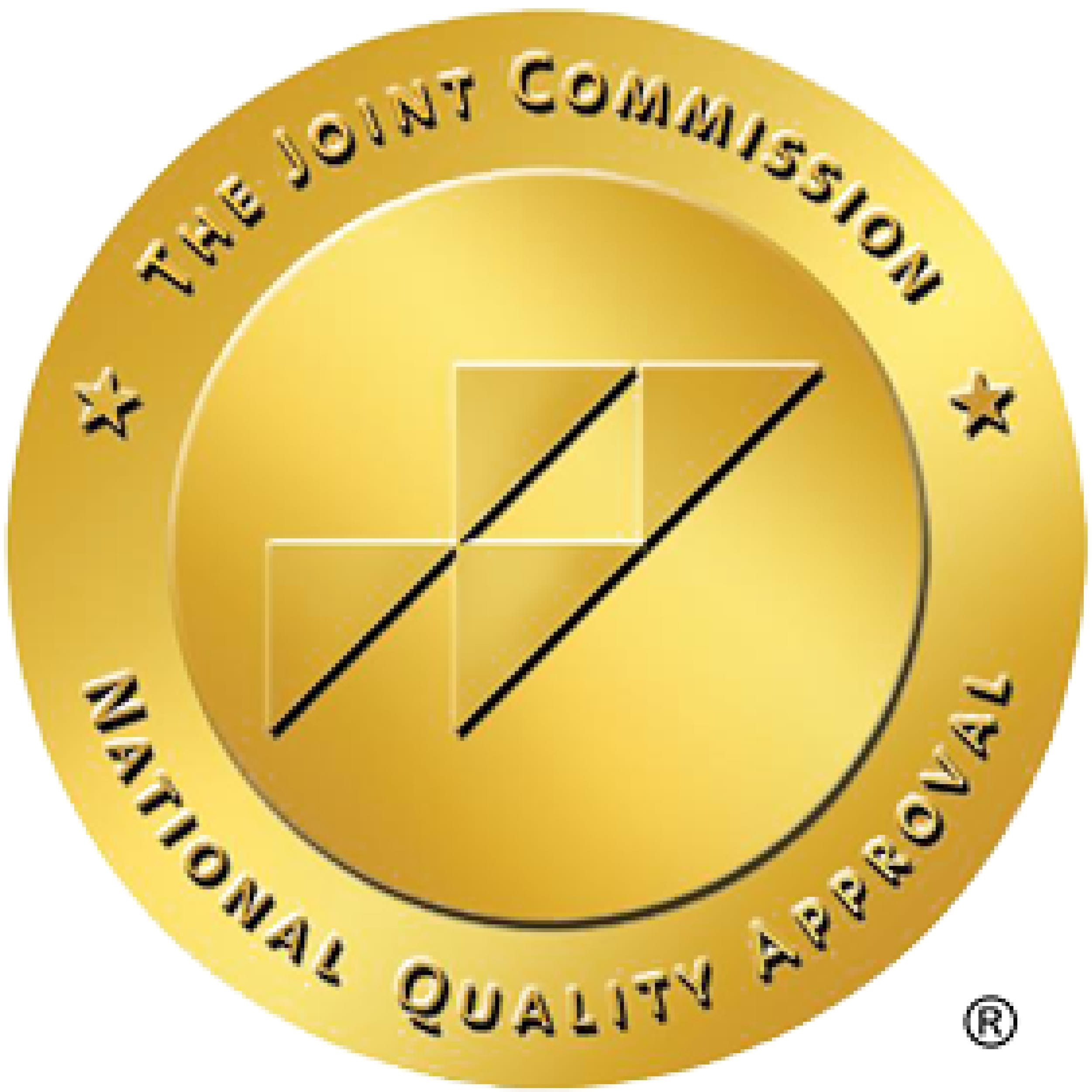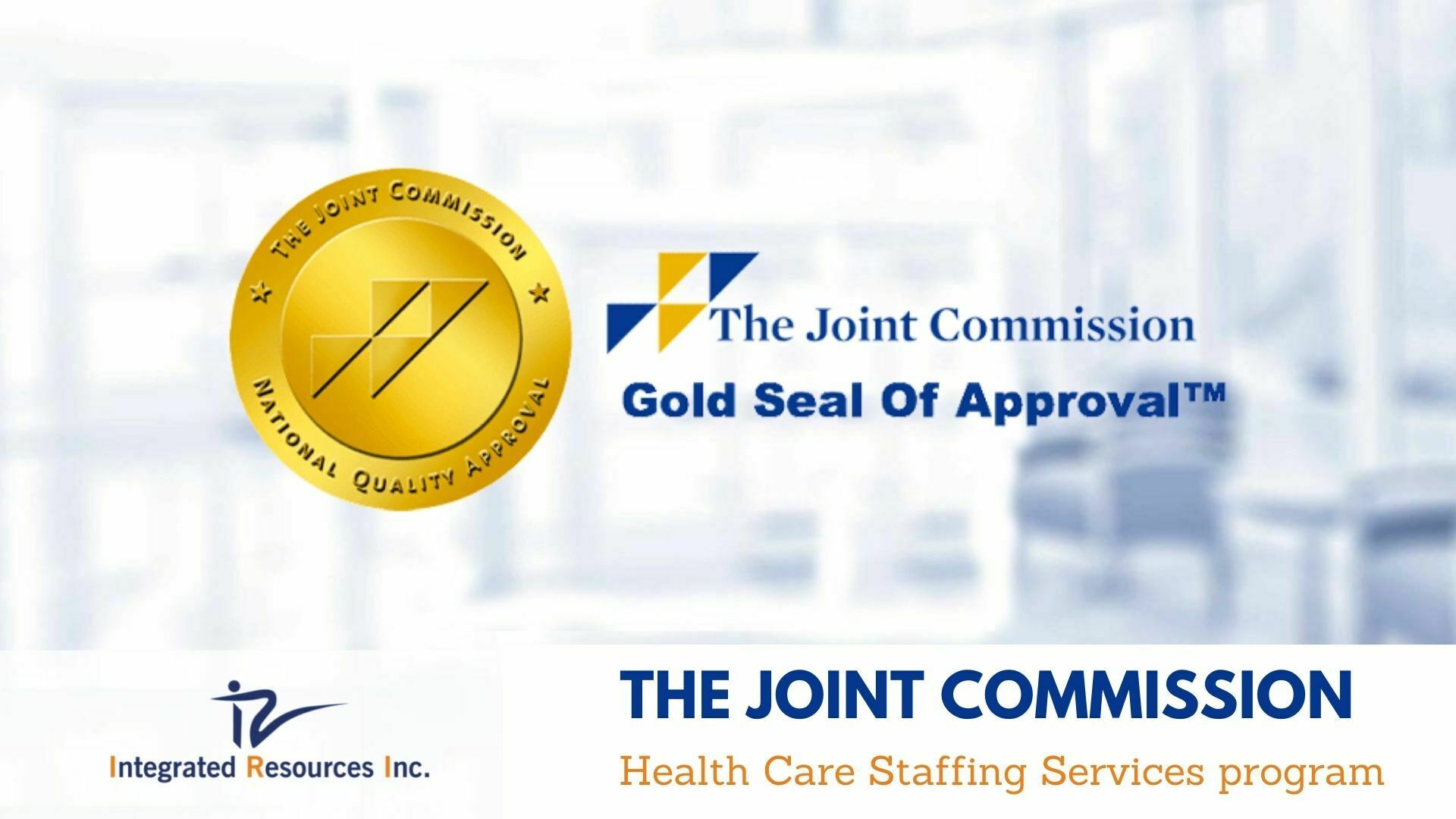Table of contents ▸
For any developing company, payroll processing is a huge operational load. It involves the careful and accurate determination of tax liabilities and adherence to new labor laws so that even minor mistakes do not lead to sweeping consequences in financial penalties, litigation, or reputational damage. This complexity makes payroll outsourcing a true strategic requirement. By outsourcing payroll activities to specialized providers, businesses could mitigate the risks associated with noncompliance, ensure accuracy, and streamline internal processes.
Thus, internal resources can instead be freed-up for focus on core business activities while this method enhances efficiency, reduces administrative burden, and reduces the odds of expensive mistakes. These factors all unite in creating a genuinely favorable environment-within which it requires a greater degree of compliance and stability with good organizational change-that a business can undertake.
Understanding Payroll Compliance
Payroll compliance involves the entire gamut of rules and regulations governing the administration of payroll and ensuring that they meet both federal and state regulations. This covers all aspects of processing employee pay, benefits, taxes, and all reporting requirements connected therewith. Hence, one would find that payroll compliance has a distinct difficulty in that it has different rules and deadlines for each which depend on the specification of the industry and the location of the business. Therefore, record keeping and staying updated on changing laws can be very serious headaches for businesses.
Consequences of Noncompliance With Payroll :
The consequences of failing to comply with payroll compliance standards can be grave :
- Monetary penalties : Any amount computed improperly on tax filings or delays in payment becomes a substantial source of fines and penalties for the offending organization from the regulatory agencies. This monetary burden means a whole lot to some organizations regarding financial stability and operating budget.
- Legal Liabilities : Employees could sue employers about violations of wage and labor laws. Such cases could eventually end up in responsible settlements and legal costs stretching a poor employer for long procedures.
- Damage to Reputation : Compliance violations damage the public perception of the company and create distrust among employees. The company suffers damage to its image from negative publicity emanating from noncompliance, which affects its ability to attract and retain talent as well as maintain trust with customers. Loss of trust will influence both current and potential employees.
That is why being careful about payroll compliance goes a long way toward mitigating risks and ensuring that any business runs smoothly.
Common Payroll Compliance Challenges
They include:
- Keeping pace with constantly changing tax laws and labor regulations.
- Making overtime, benefits, and deductions calculations accurate.
- Getting the employee vs. independent contractor classification right.
- Handling multi-state payroll responsibilities for remote employees.
- Timely filing of payroll taxes and reports.
How Payroll Outsourcing Enhances Compliance Protection
Accurate Tax Calculations and Timely Payments
One of the primary benefits of payroll outsourcing is precision in tax calculations. Payroll service providers employ advanced software and automated systems to ensure;
- Accurate calculation of federal, state and local payroll taxes.
- Timely tax payments made without penalties.
- Automated updates and changes to tax laws.
This eliminates the risks of human error and, thus, keeps businesses compliant with tax regulations.
Compliance with Labor Laws and Employee Rights
Payroll outsourcing firms remain up to date with employment laws such as:
- Minimum wage laws : ensuring employees get minimum wage required by law.
- Overtime regulations : Accurate calculations and payments of overtime wages.
- Equal employment regulations : Compliance with laws against discrimination.
By outsourcing payroll, organizations ensure that they meet all legal requirements, thus lessening disputes over pay and lawsuits.
Accurate Classification for Employees
Misclassifying employees as independent contractors can invoke spurious amounts of legal and financial repercussions. Payroll providers assist businesses in classifying their employees according to the following :
- IRS guidelines and labor laws
- Job roles and responsibilities
- Employment agreements
Thus businesses prevent the possibility of incurring penalties associated with unaware employee mis-classification.
Data Security and Secrecy
Payroll processing procedure handles extremely sensitive personal information about employees, such as social security identification numbers, bank details, and other private data. Payroll outsourcing companies take stringent measures to safeguard :
- Data breaches and identity theft.
- Unauthorized access to payroll information.
- Cybersecurity threat and fraud.
Payroll service providers ensure that all GDPR and CCPA guidelines are followed in case of application by utilizing encryption technology and a secure cloud-based system for their database.
Compliance with Various States and International Payroll Laws
Payroll compliance becomes even more complicated for companies with a remote or global workforce. Payroll outsourcing firms provide extensive specialization in :
- Multi-state taxation compliance for businesses having employees in the various states in the U.S.
- International payroll processing for businesses going global.
- Working on local labor laws and regulations for benefits.
Thus, businesses can address compliance differences in payroll needs while maintaining seamless payroll processing.
Payroll Outsourcing in HR Risk Management
The Result in Legal Risk Mitigation Payroll outsourcing ensures payroll accuracy, following mandated wage laws regarding proper documentation, which significantly mitigate litigation risks. Outsourced compliance audit and report generation lessen HR burden. Employee Satisfaction Benefits Payroll errors and delays result to the satisfaction and dissatisfactions of employees.
Outsourcing has thus ensured :
- Payment of salary on time and with accuracy.
- A good explanation about payroll.
- A seamless benefits administration.
Improved job satisfaction and retention rates are both affected when employees are assured that their wages and benefits are being properly handled. Reduced Administrative Overheads Bringing payroll processing under the outsourcing ambit will make HRs focus on core functions: talent acquisition, employee engagement, and developing the workforce without having to take care of payroll processing. Thus, it increases overall productivity and greatly lessens HR burnout.
Future Trends in Payroll Outsourcing
Automated and AI-Driven Payroll Collectively revolutionized in business by the merge of AI with automation scopes in payroll outsourcing are :
- Better accuracy in tax computation.
- Faster processing using automatic workflows.
- Predictive analytics for assessing compliance risk.
Cloud Payroll System
The advantage to business lying on cloud payroll includes, but is not limited to :
- Remote access to payroll data.
- Secure and scalable payroll management.
- Integration with HR and accounting software
This ensures businesses have an efficient payroll processing while complying with the industry.
Focus More on Employee Self-Service Portals
Nowadays, payroll outsourcing providers build self-service portals for employees by which they can :
- Get their pay stubs and tax forms.
- Update personal information in a secure manner.
- Follow the benefits and deductions.
Thus, accountability and less workload are placed on HR.
Conclusion
Payroll compliance is an integral part of business operations, and disregard in practice can bring about dire consequences both financially and legally. Outsourcing payroll makes it possible for a business to lessen its compliance risks, ensures accuracy in the tax calculation, provides protection to sensitive data, and decreases administrative burdens. As business increasingly changes hands with the changing trends in payroll rules and regulations, a business with this strategic partner from a reliable payroll provider will have continuity in growth and performance efficiency.
Follow us on Social Media: LinkedIn | Facebook | Twitter | Instagram | YouTube












